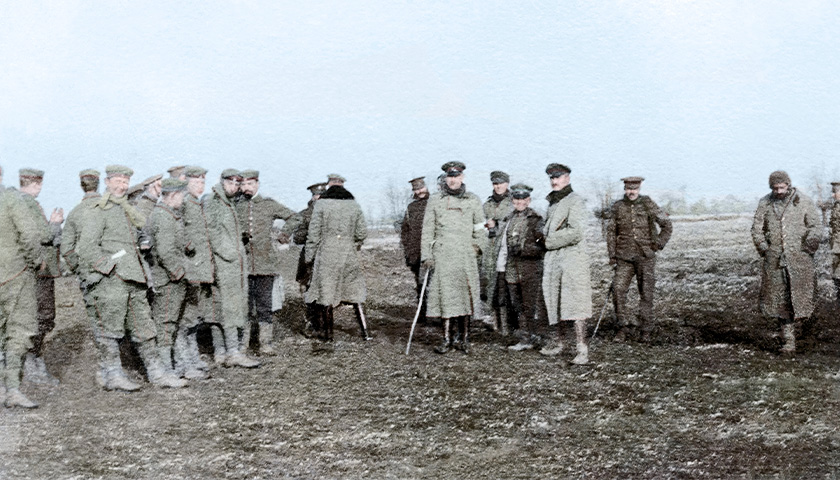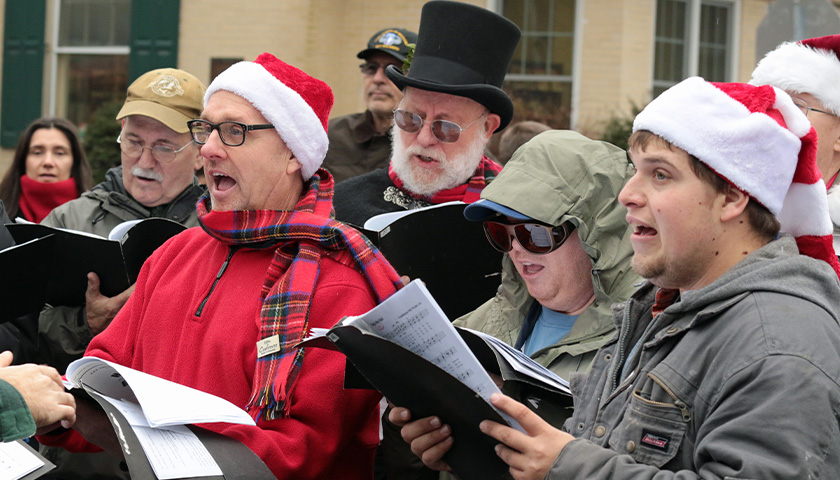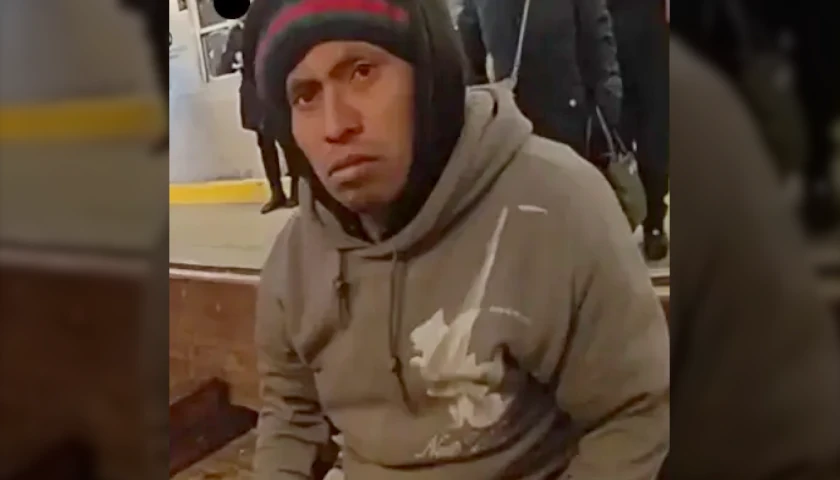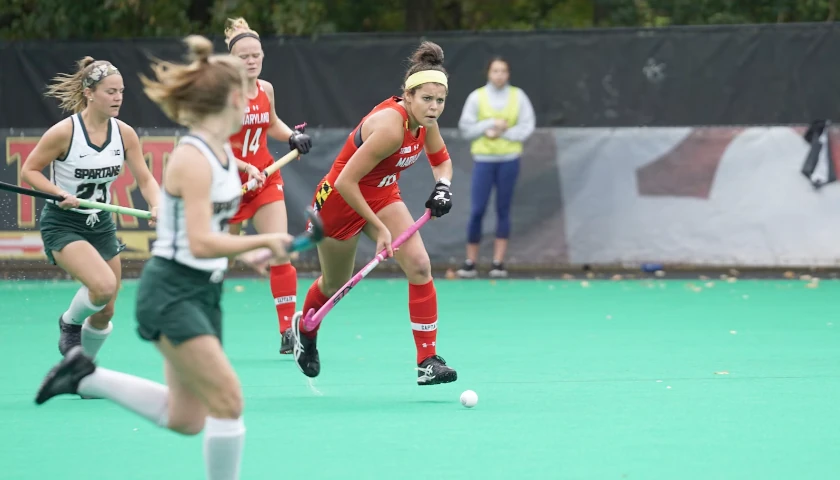by Joe Mueller
During news conferences on Wednesday, Missouri’s Republican legislators stated their priority is approving new Congressional district maps while Democrats acknowledged they’ve gained some influence over the process and pledged to uphold voting rights.
At the state capitol in Jefferson City, none of the Republicans wore masks while meeting with reporters while all of the Democrats wore masks. Leaders of both parties were asked about the affects of the resurgence of COVID-19 infections on the upcoming session.
“It’s not a concern to me,” House Speaker Rob Vescovo, R-Arnold, said. “I mean, listen, we all use common sense. If we’re sick, I’m going to ask the members to stay home. They’re all adults. They can police themselves and if they’re sick they’re probably going to stay home.”
Vescovo said he didn’t know how many Republicans didn’t make the first day of the session due to COVID-19, but Minority Leader Crystal Quade said two members of the Democrat caucus were out with the virus.
“Acting like everything is fine is definitely concerning,” said Rep. Quade, D-Springfield. “If you think about how much time we had to take off when this first started, the numbers now are worse than they were then. We are concerned. But our caucus is doing everything we can to stay safe.”
The House enters the session with six open Republican seats, due to an expulsion, four resignations, and the death of Tom Hannegan of St. Charles, who suffered a stroke in October. At several events in St. Louis during the last few months, Republican Gov. Mike Parson and his spokesperson said a plan to hold special elections was being considered.
Without a two-thirds majority needed to pass an emergency clause for immediate implementation, Republicans will need Democrat votes to approve a redistricting map and have it in place before the August primaries. Some Republican members of both chambers are pushing for a Congressional map with seven districts leaning Republican and one for a Democrat – the St. Louis metropolitan area. Currently, six Congressional districts are held by Republicans and two by Democrats – the St. Louis and Kansas City areas.
Vescovo said redistricting is the Republicans’ top priority during January.
“We work through obstacles all the time and that’s just another obstacle and we’ll get through,” Vescovo said.
Quade said the Democrats will have more influence this session due to the vacancies and Republican unity will be hampered by some positioning themselves to be elected to higher offices.
“They need our support to get the emergency clause done so that we can actually have an election this fall,” Quade said. “That puts House Democrats in a unique opportunity. Adding to that is Republicans running against each other for every single office that they can imagine. So that’s going to put things in a really interesting situation as we move forward for redistricting.”
Quade mentioned the first anniversary of the insurrection at the U.S. Capitol on Jan. 6 as a rallying point to maintain voting rights.
“The threat today comes cloaked in the guise of the law and it comes from elected officials who are willing to dismantle democratic safeguards and traditions if it means keeping their side in power,” Quade said.
In addition to voting rights, Quade highlighted the state’s surpluses as a way to fully fund Medicaid expansion, approved by the voters in August 2020 and upheld by the Missouri Supreme Court in 2021.
House Budget Committee Chairman Cody Smith, R-Carthage, wouldn’t speculate on how Medicaid will be funded.
“The last time we were in this building in May, we had not appropriated for Medicaid expansion,” Smith said. “Since then we’ve essentially got court-ordered Medicaid expansion and we’re in a different landscape than we were last year. Whatever we do in response to that court decision, whether it’s in this current fiscal year where the next fiscal year, is a collaborative process. I won’t speak to what I think will end up happening.”
– – –
Joe Mueller covers Missouri for The Center Square. After seven years of reporting for daily newspapers in Illinois and Missouri, he spent the next 30 years in public relations serving non-profit organizations and as a strategic communications consultant.








